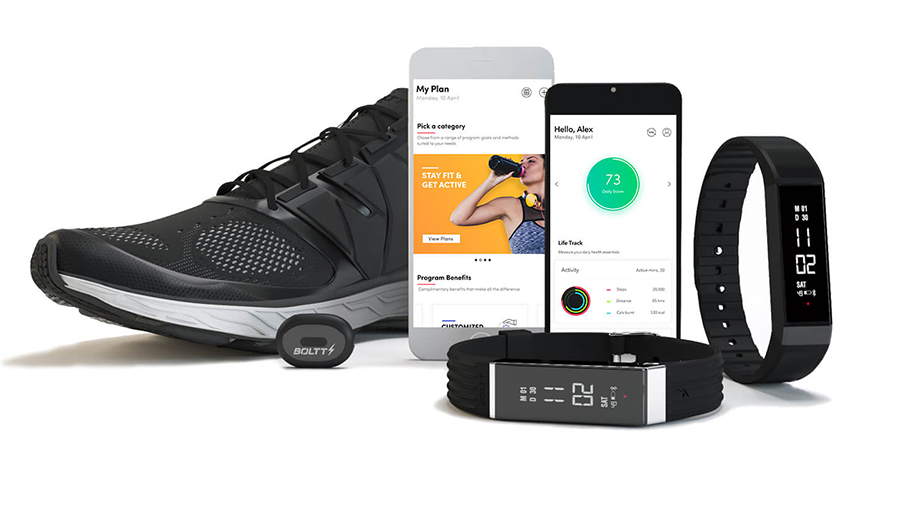A wearable device for losing weight may be helpful in weight loss or weight maintenance, but the best results can be achieved by using the technology as part of an intradisciplinary approach to weight loss, according to a recent review by researchers from Boston University School of Medicine (BUSM).
Read more This Wearable Helps You Lose Weight by Analyzing Your Breath
Researchers Kaitlyn Riffenburg and Nicole Spartano from BUSM said weight management is a complex and multidisciplinary are, therefore intervention strategies should also address behavior change. “Furthermore, the array of new technologies available can aid in improving existing clinical programs and research methods. These technologies can be most effective for weight maintenance when used in conjunction with other behavioral strategies,” they wrote in the review.
The authors said that while many studies involving health and weight loss have incorporated wearables, it can be difficult to evaluate if the devices actually lead to behavior change, they are often paired with other strategies, reports MobiHealthNews.
“Most trials using wearable devices and other mHealth technology to target weight have embedded these devices within other behavioral interventions,” the authors wrote. “There is not sufficient evidence that wearable devices can promote sustained behavior change and long-term weight maintenance on their own. Instead, these devices can be used as facilitators of behavior change.”
Researchers noted that self-monitoring behavior can eventually lead to behavior changes, and various digital trackers and surveys can help with this. Wearable trackers can make monitoring easier because it relieves the user of recording progresses. Additionally, published data suggest decreasing the burden on the user can lead to better adherence, the authors wrote.
“Two recent systematic reviews found that short-term weight-loss programs that utilized activity-tracking monitors had more success in reducing body mass and increasing physical activity,” the authors wrote. “But these studies suggest that, despite significant results, there are still not enough studies completed to determine whether the wearable devices alone are responsible for increased physical activity or whether the pairing with behavioral counseling had a greater influence on physical activity. Furthermore, populations with chronic medical illnesses must be studied specifically.”
Read more Naked Labs Raises $14M Investment as It Begins Shipping 3D Body-Scanning Mirror
Though the review is mixed on how much wearables and trackers can influence weight change on their own, the authors remain positive about how these devices could be used, specifically with other strategies.
The review was published in the journal Current Opinion in Endocrinology, Diabetes, and Obesity.













